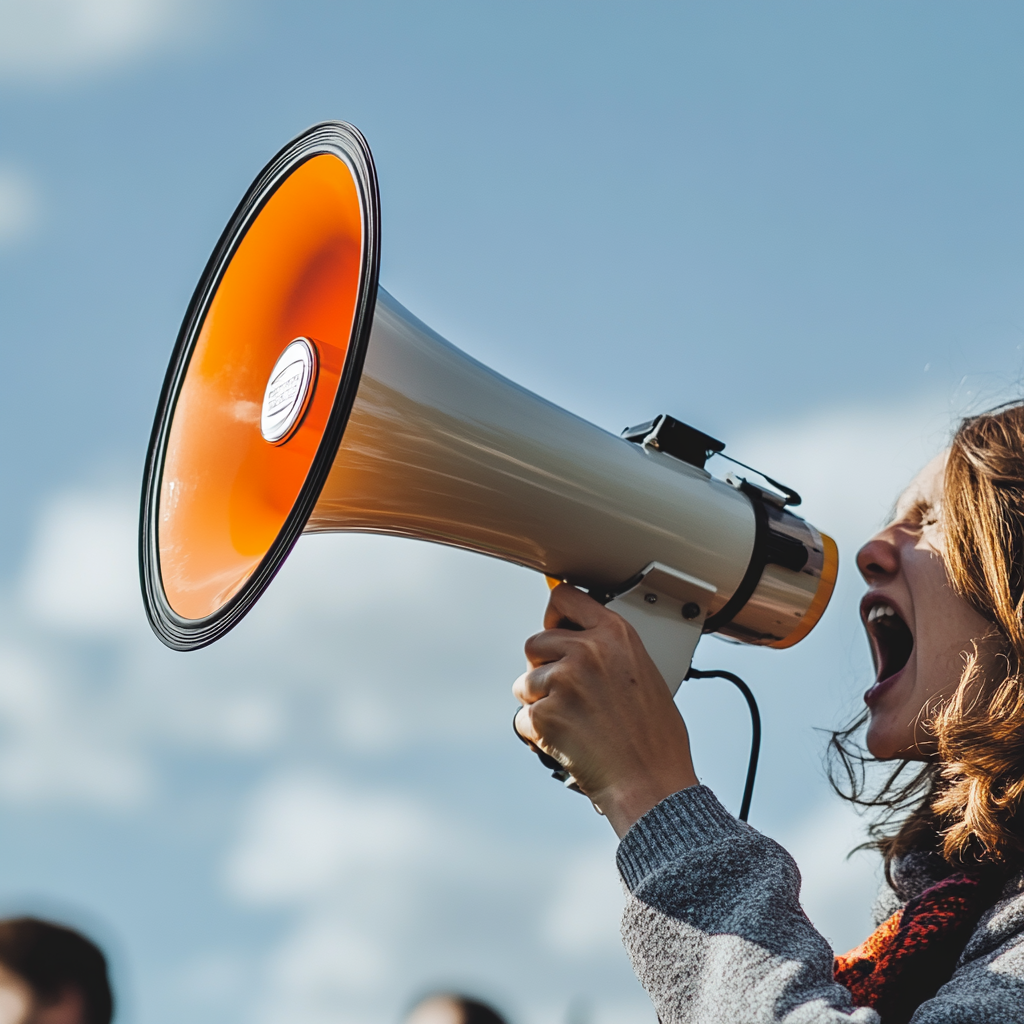You Are What You Eat: A Guide to Mindful Media Consumption

You Are What You Eat: A Guide to Mindful Media Consumption
Imagine waking up and scrolling through headlines filled with disasters, conflicts, and controversy. Before you've even had breakfast, you feel anxious and drained. Sound familiar? In our hyperconnected world, we’re constantly swimming in a sea of information, opinions, and (let's be honest) a fair amount of negative content. How do we balance our right to free speech, our desire to stay informed, and our need for psychological well-being?
Have you ever noticed how you feel after spending hours scrolling through negative news? Overwhelmed? Deflated? You’re not alone. Research backs up what many of us have experienced firsthand. A 2020 study in Science Advances found that consuming negative news keeps stress hormones elevated for hours afterward. The American Psychological Association has found that excessive exposure to negative media can lead to:
- Increased rates of anxiety and depression
- Disrupted sleep patterns
- Decreased ability to regulate emotions
- Heightened fear response
- Reduced optimism about the future
But avoiding all challenging content isn’t the answer either. Dr. Sarah Thompson’s 2023 research in the Journal of Media Psychology shows that selective exposure to diverse viewpoints, including those we disagree with, is essential for developing critical thinking skills and emotional resilience.
Think about the last time you learned something that changed your perspective completely. Chances are, it came from someone with a different viewpoint than yours. Free speech creates space for:
Innovation through the free exchange of ideas: Collaborative efforts between engineers and developers across the globe led to the creation of open-source platforms, enabling faster technological advancements and widespread access to critical tools.
Social progress through challenging norms: Civil rights movements and environmental activism have brought meaningful change through the power of open dialogue.
Personal growth through diverse perspectives: Encountering different viewpoints, such as learning about accessibility needs or cultural practices, often enriches our worldview.
Collective wisdom through open dialogue: Online communities have formed support networks for people with rare medical conditions, improving lives through shared knowledge.
Some of humanity’s greatest breakthroughs came from people willing to voice unconventional ideas. Think of the moments in your own life when a respectful discussion or contrasting opinion deepened your understanding. These experiences, while sometimes uncomfortable, often lead to the most profound growth.
While absolute free speech might seem ideal, certain limitations are universally recognized as necessary to prevent harm, protect vulnerable populations, and safeguard verified facts in critical areas like public health and safety.
The Balanced Plate Rule for Media Consumption
- Half your plate: Constructive, solution-oriented content
- A quarter: Challenging content that helps you grow
- A quarter: Content that brings you joy and inspiration
- Season with diverse perspectives: Add “nutrients” for a well-rounded “mind diet.”
Media Consumption Hygiene:
- Practice mindful consumption: Pay attention to how content affects your mood.
- Create a "nutritious" reading list: Choose quality sources.
- Take regular digestion breaks: Process information before consuming more.
- Share only what you’ve properly "digested": Verify before sharing.
Digital Wellbeing Practices
- Set specific times for news consumption.
- Practice the "wait and verify" approach before sharing.
- Maintain a diverse but curated information diet.
- Implement regular digital detox periods.
Your Media Diet Journal: A 7-Day Challenge
Just like food journaling can reveal surprising eating patterns, a media diet journal can help improve your information habits. Here’s how to get started:
Daily Journal Template
- Date: _____________
- Morning Check-in
- Current mood: _______________
- Energy level (1-10): ________
- Media Consumption Log
- Time | Content Type | Source | How it Made Me Feel | Nutritional Value
- End of Day Reflection
- Most valuable piece of content consumed today: ________________
- Content that may have been "empty calories": _________________
- New perspectives gained: _________________________________
- Action inspired by today’s consumption: _____________________
- Tomorrow's Intention: What content would nourish my mind tomorrow? ________________
Patterns to Reflect On
- What times of day do you consume the most media?
- Which sources energize or drain you?
- Are you balancing “nutritious” and “empty calorie” content?
Daily Mantra:"I mindfully nourish my mind with content that helps me grow, while staying aware of how it affects me."
Action Plan: The 3-3-3 Approach
3 Minutes: Before engaging with challenging content, take three deep breaths and set an intention.
3 Questions: Ask yourself:
- What can I learn from this perspective?
- How might someone with different experiences view this?
- What facts support or challenge this view?
3 Actions: After engaging:
- Write one key takeaway.
- Share one constructive insight.
- Practice one act of self-care.
When we approach information with intention, amazing things can happen. For example, a contentious local debate about land use turned into a community garden project that now serves environmental and social needs. Similarly, mindful social media use has connected people with rare conditions to form supportive communities and advance research.
These success stories come from communities practicing mindful media consumption. Research by the Digital Wellness Institute shows that such communities report:
- Higher civic engagement
- Improved mental health outcomes
- Stronger social connections
- Better problem-solving capabilities
Think of your media consumption as a diet. Just as we’re mindful of what food we eat, we can be mindful of what information we consume. It’s not about avoiding everything challenging or uncomfortable but about engaging in a way that helps us grow while protecting our emotional balance.
Be gentle with yourself. Some days, you’ll nail it; other days, it may feel overwhelming—and that’s okay. What matters is developing awareness and making conscious choices about how you engage with the world of information around you. After all, what you feed your mind shapes the person you become.
So, what will you nourish your mind with today?